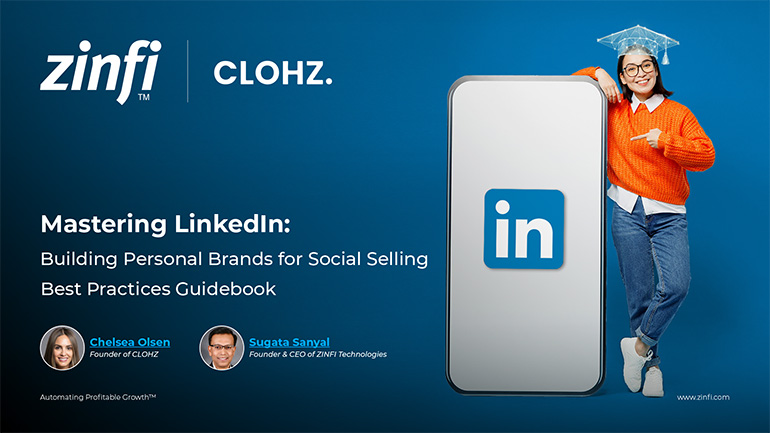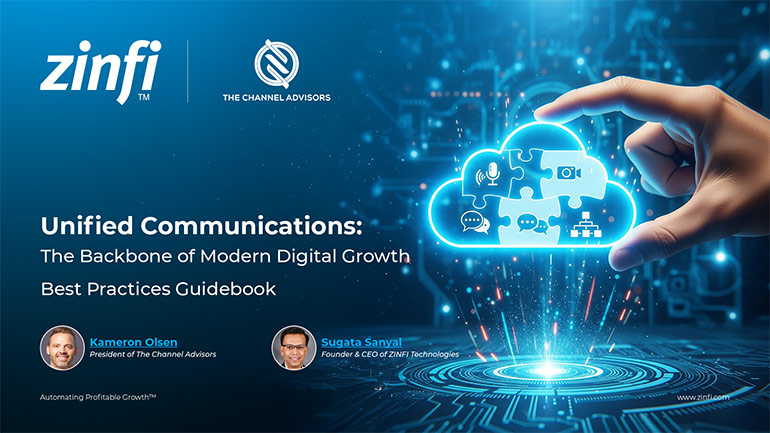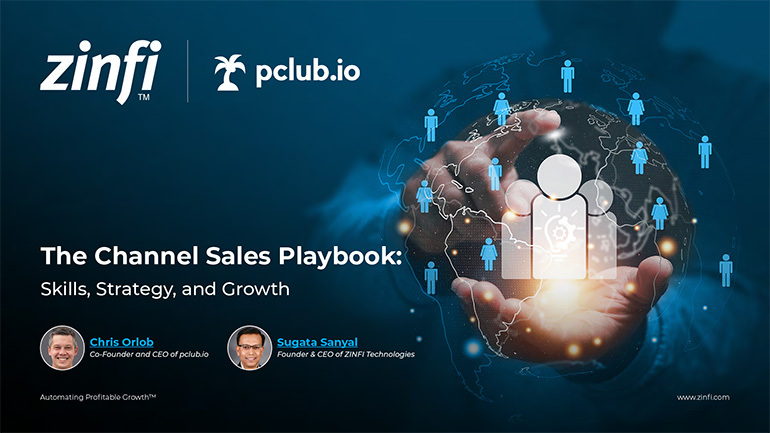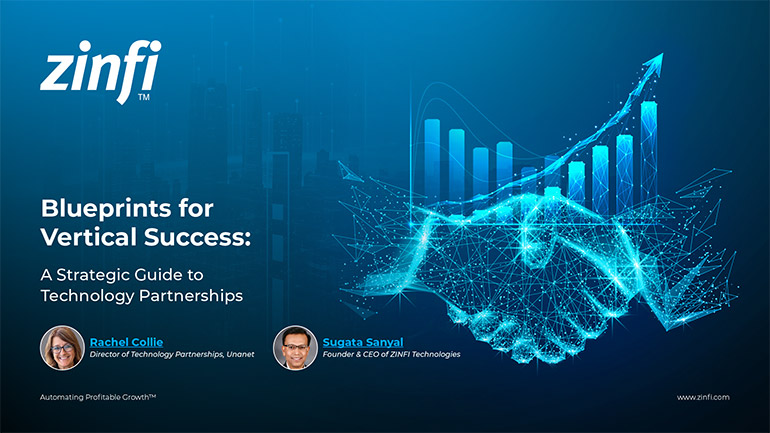Glossary - What is - Lead Generation
What is Lead Generation?
Lead generation identifies and cultivates potential customers for a business’s products or services. It involves various strategies and tactics to attract and convert that interest into leads that sales teams can pursue. Effective lead generation is crucial for business growth, helping to fill the sales pipeline with prospective customers. The process typically includes activities like online marketing, events, email campaigns, social media advertising, and content marketing to engage potential clients and encourage them to provide their contact information.
Lead generation strategies can be significantly enhanced in the context of partner ecosystem management and partner management automation. Leveraging partners to extend reach and impact, combined with using automation tools to capture and manage leads efficiently, ensures that lead generation efforts are broadened, more effective, and less resource-intensive.
Key Takeaways
- Multi-Channel Lead Generation: Utilizing multiple channels to generate leads ensures a broader reach and engages potential customers through various touchpoints. ZINFI’s multi-channel lead generation tools help businesses implement and manage diverse marketing strategies seamlessly across all platforms.
- Targeted Marketing Campaigns: Tailoring marketing campaigns to specific market segments increases the relevance and effectiveness of lead generation efforts. ZINFI’s targeted marketing tools enable businesses to identify and focus on their ideal customer profiles, using data-driven insights to craft compelling marketing messages. Learn about targeted marketing campaigns at ZINFI.
- Lead Scoring and Qualification: Not all leads are created equal. Lead scoring helps prioritize leads based on their likelihood to convert, ensuring that sales teams focus on the most promising prospects. ZINFI’s lead scoring and qualification systems automate this process, enhancing efficiency and effectiveness. Learn more about lead scoring.
- Automated Lead Nurturing: Engaging with leads through automated nurturing campaigns can significantly improve conversion rates. ZINFI’s lead nurturing tools automate follow-ups, content delivery, and engagement tasks, keeping potential customers engaged and moving them through the sales funnel. Watch .
- Analytics and Optimization: Continuously analyzing the performance of lead generation activities allows for optimizing strategies and tactics. ZINFI’s analytics tools provide real-time feedback on campaign performance, lead behavior, and conversion rates, helping businesses refine their lead-generation processes. Explore analytics and optimization tools at ZINFI.
Key Examples
- Automotive Manufacturing: Auto manufacturers might use targeted ads, auto shows, and dealer promotions to generate leads for new car models.
- Consumer Electronics: Electronics companies often rely on online reviews, tech influencer partnerships, and product launches to generate consumer interest and leads.
- Energy Production: Companies in this sector could generate leads by hosting informational webinars on the benefits of sustainable energy solutions.
- Financial Services: Financial institutions might use educational content, seminars, and free consultations to attract potential clients interested in personal finance and investment services.
- Food and Beverage: Sampling events, online contests, and partnerships with food influencers are common strategies for generating leads in this industry.
- Healthcare Services: Healthcare providers often generate leads through health fairs, online health content, and wellness program promotions.
- Information Technology: IT companies typically use whitepapers, webinars, and free software trials to attract leads interested in technological solutions.
- Pharmaceutical Development: Pharmaceutical companies may generate leads by engaging medical professionals and health organizations at industry conferences and online platforms.
- Retail Industry: Retailers use online promotions, loyalty programs, and special events to attract and collect leads from potential customers.
- Telecommunications: Telecom companies often offer special introductory rates or bundle deals to generate leads among consumers looking for new service providers.
Conclusion
Lead generation is vital to business growth, providing a consistent influx of potential customers. By leveraging advanced tools and technologies, particularly within a partner ecosystem, companies can enhance their lead generation efforts, making them more targeted, efficient, and effective. Automation and strategic planning are vital in maximizing the ROI of these activities, ensuring sustained business expansion and success.
Associated Keywords:
- Customer Acquisition Strategies
- Marketing Automation
- Multi-Channel Marketing
















